Interoperability is becoming critical in the metaverse as it evolves. In the past, many web3 games struggled with compatibility issues. Assets and achievements were often locked within a single platform, limiting player engagement.
Recent innovations in blockchain technology aim to overcome these barriers. Interoperability allows players to carry assets, identities, and achievements across platforms. This breakthrough promises to create a more connected and engaging metaverse.
Breaking Down Siloed Gaming Systems
Traditional gaming often restricts players to specific ecosystems. Characters, items, and progress are locked within one game. This limitation has carried over into the metaverse, frustrating many users.
Interoperability offers a solution by enabling cross-platform interaction. Here’s how it benefits players:
- Freedom: Players can use their assets across different platforms.
- Ownership: Tokenized assets belong to players, not just the game developer.
- Value: Items gain real-world worth as they can be traded or sold.
By connecting platforms, the metaverse can offer richer experiences and greater value for players.
How Blockchain Enables Interoperability
Blockchain technology drives interoperability in gaming. Tokenization converts in-game assets like characters and items into NFTs. These NFTs are unique, portable, and tradable across compatible platforms.
Some examples include:
- Farcana: Allows players to tokenize assets for trading or using in other games.
- Decentraland: Supports transferring avatars, virtual real estate, and more across platforms.
Tokenized assets empower players to monetize their efforts. For instance, a weapon earned in one game could be sold or used in another. This creates a more meaningful gaming experience.
Benefits for Developers and Players
Interoperability isn’t just for players—it also benefits developers. By embracing interoperability, developers can:
- Attract a broader audience.
- Create new revenue streams.
- Build richer in-game economies.
For example:
- Farcana offers a marketplace where players trade items and contribute to prize pools.
- Decentraland hosts events that drive user engagement and participation.
By connecting games to wider ecosystems, developers can ensure their platforms remain competitive.
Challenges in Achieving Interoperability
Interoperability faces several obstacles, including:
Challenge | Description |
Scalability | Blockchain networks like Ethereum process fewer transactions than traditional systems. |
Complexity | Setting up wallets and managing assets can deter new players. |
Perception | Some players associate blockchain games with speculation rather than fun. |
To address these issues, developers must simplify onboarding and prioritize gameplay. This approach can help blockchain games appeal to traditional gamers.
The Future of Interoperability in the Metaverse
The future of gaming looks promising with interoperability advancements. Some potential developments include:
- Unified Marketplaces: Players could trade assets across different games and platforms.
- Dynamic Assets: Items could adapt their functions based on the game or platform.
For instance, a sword from a fantasy RPG could become a decoration in a virtual home. This flexibility enhances immersion and adds value to digital items.
A Growing Market
Investments in blockchain gaming are rising. In Q2 2024, the sector attracted $1.1 billion in funding. By 2030, the metaverse gaming market could reach $168 billion, according to Statista.
Projects like Farcana and Decentraland showcase how interoperability can redefine gaming. These platforms allow players and developers to thrive in a connected digital ecosystem.
Interoperability represents a significant shift for the metaverse and gaming. By breaking down barriers, it transforms isolated experiences into collaborative worlds. While challenges like scalability and perception remain, ongoing innovation in blockchain technology is paving the way forward.
As the metaverse grows, interoperability will play a central role in shaping immersive, connected, and valuable digital experiences.
Remember, investing in cryptocurrencies involves risks, and it’s important to conduct thorough research and seek professional advice before making any financial decisions. (Please keep in mind that this post is solely for informative purposes and should not be construed as financial or investment advice.)





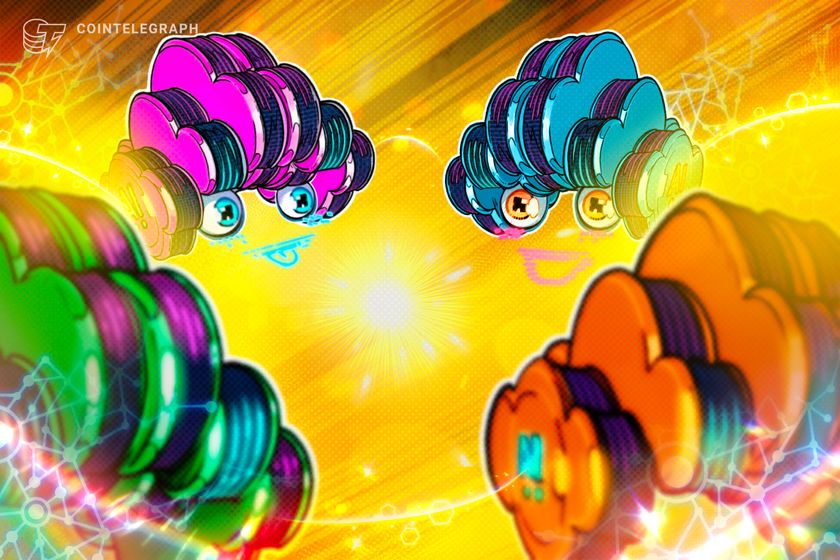





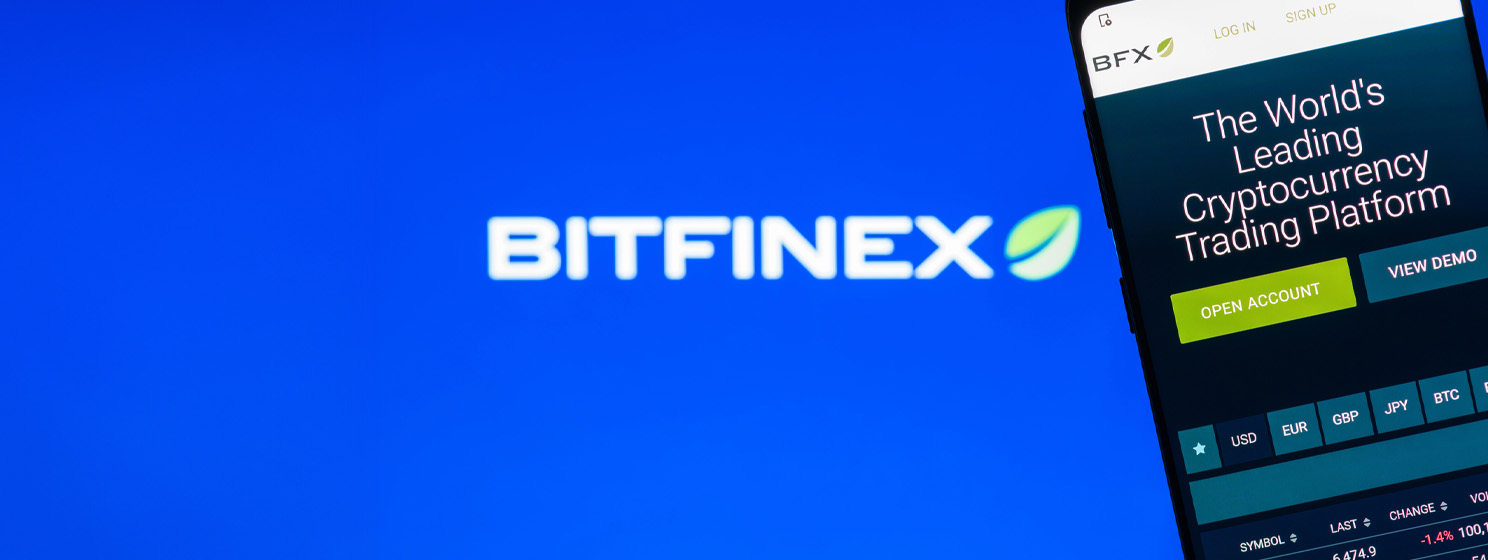
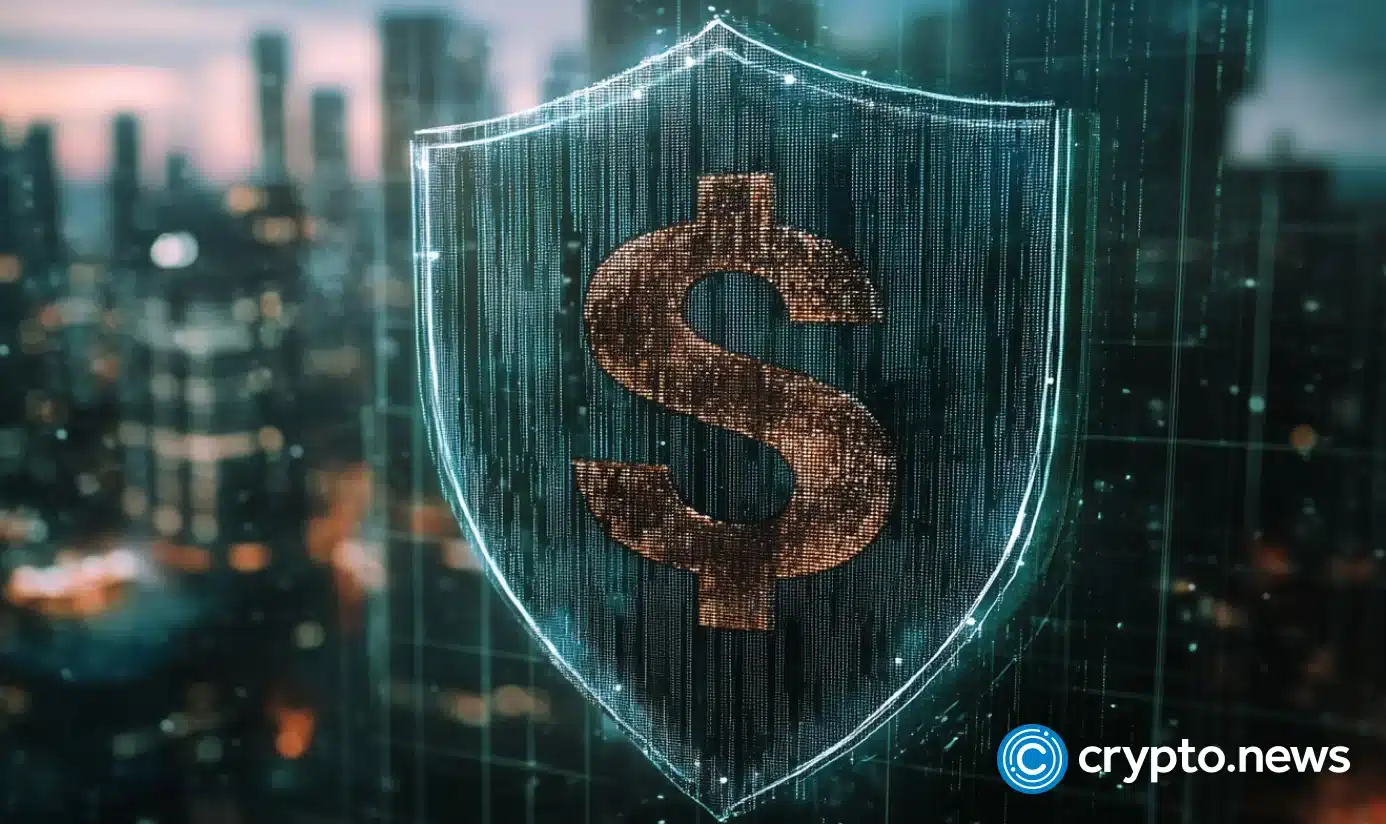
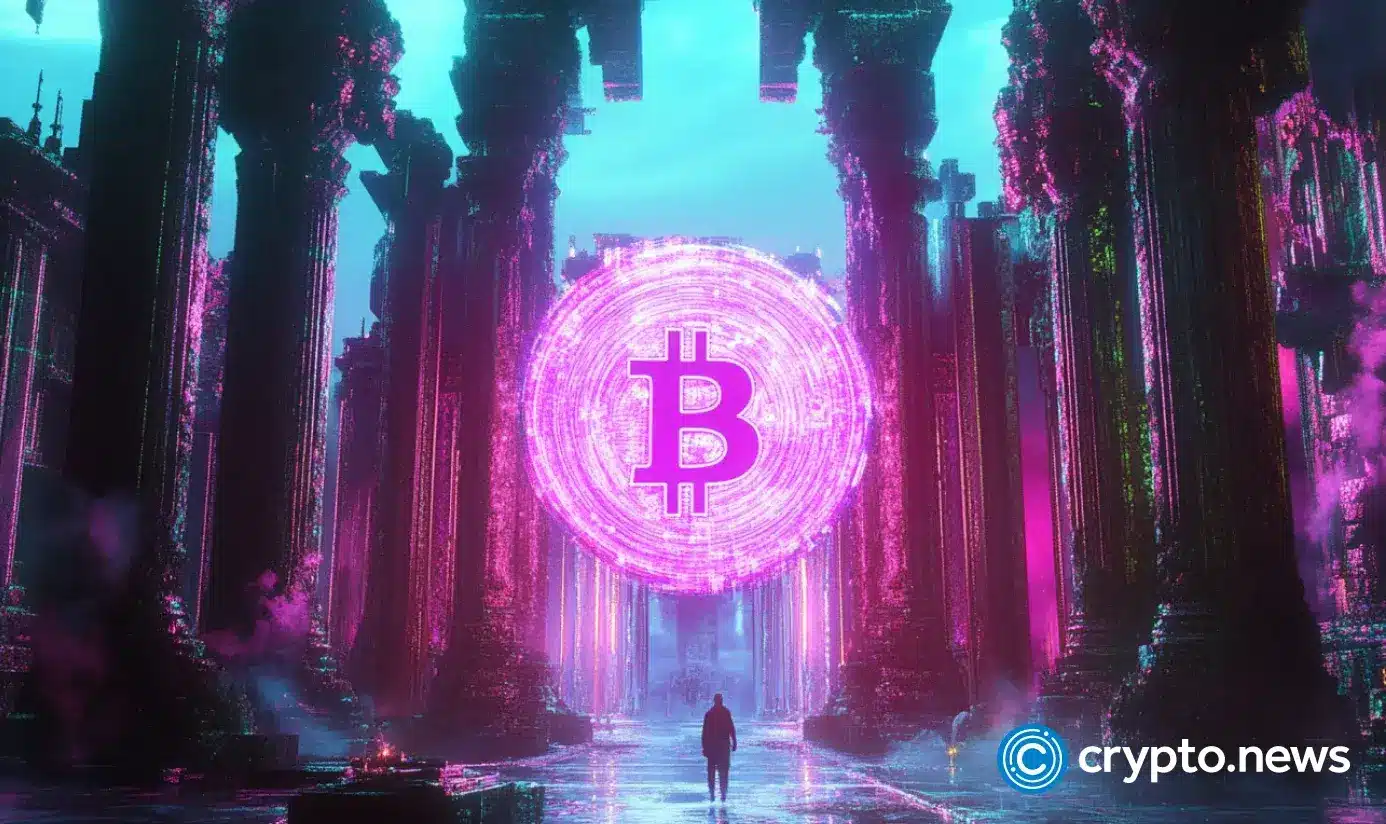
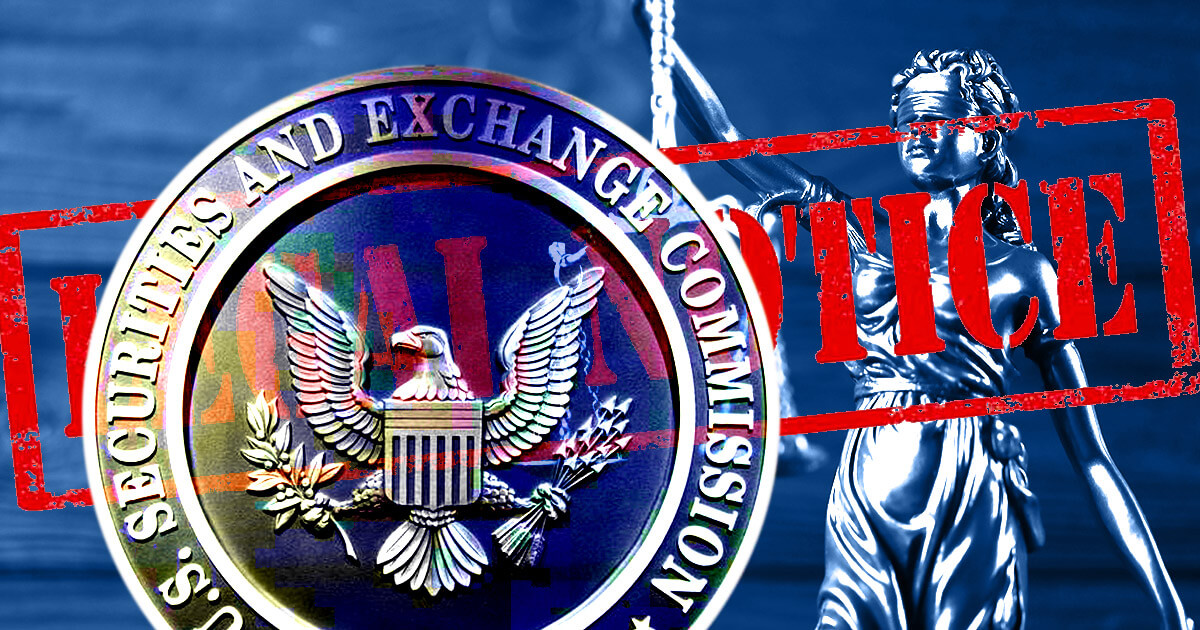
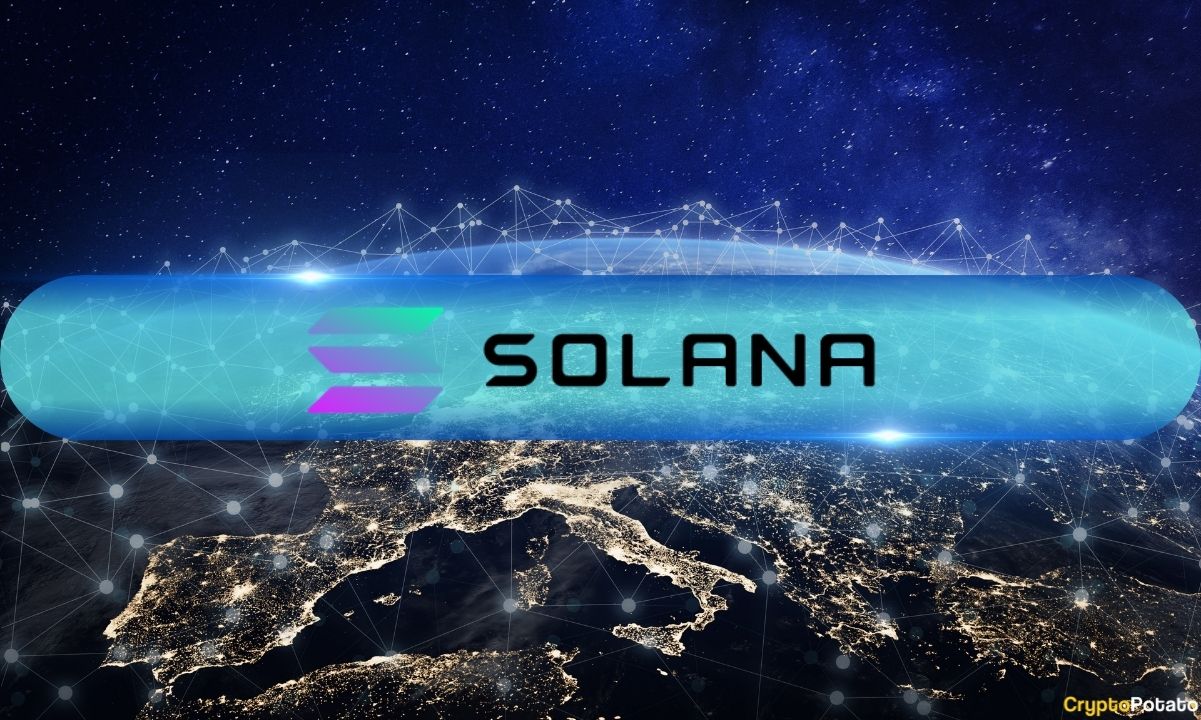
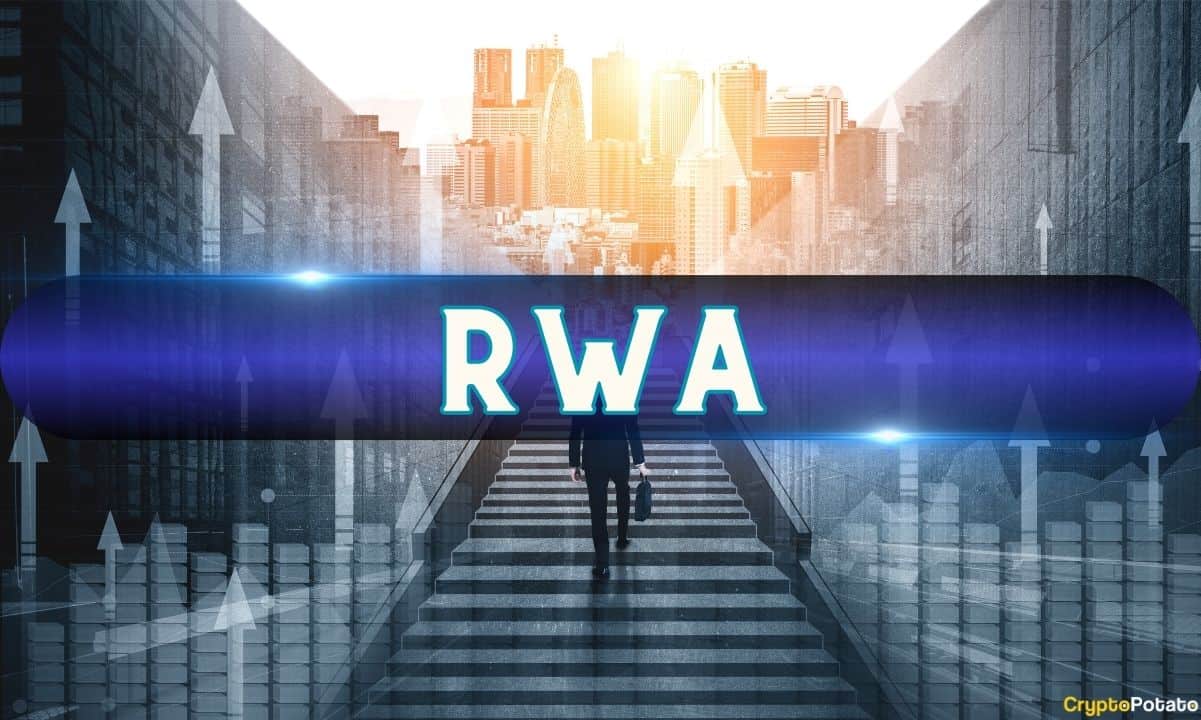
 English (US) ·
English (US) ·